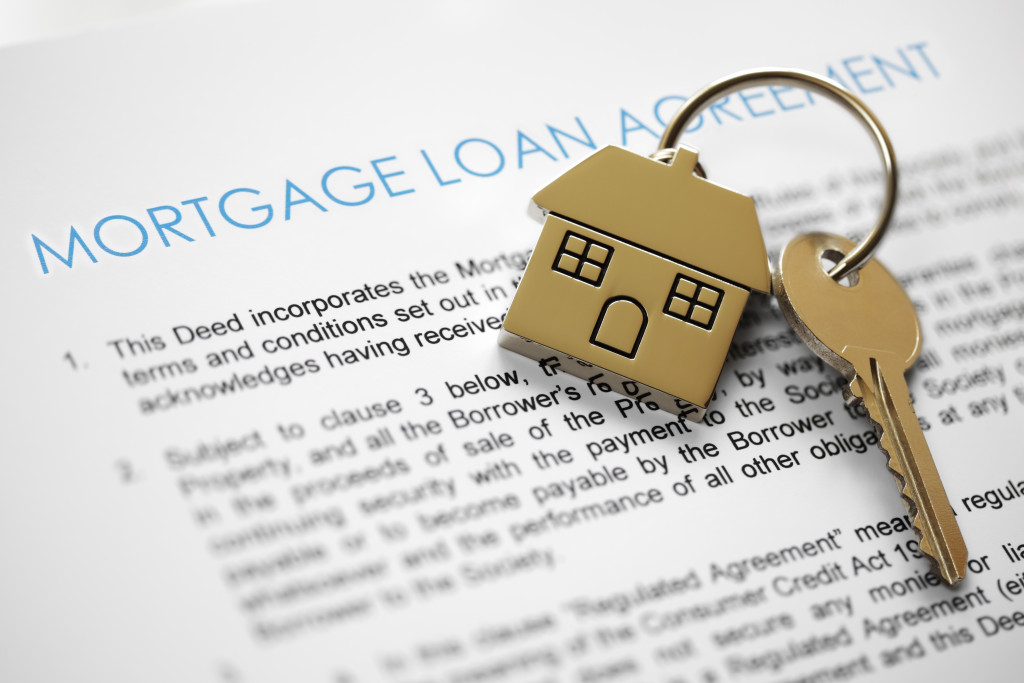A mortgage is a debt and, sometimes, certain things happen that make a person unable to pay their dues on time. An illness within the family, an unexpected job loss, or a global pandemic can cause people to lose control of their finances and prevent them from being able to come up with the sum.
Having a mortgage to worry about on top of a personal or global crisis is a source of high levels of stress. When the bills pile up, it may also lead to the debtor losing their home.
To prevent foreclosure, many homeowners make the decision to sell their property as quickly as possible. However, is it the best way out of debt?
No One Wants to Experience a Foreclosure
A foreclosure happens if the debtor cannot pay back the fund they borrowed to finance the acquisition of a home. During a foreclosure, the lender takes ownership of a property and sells it to someone else through a public auction.
It is an unpleasant process. The house usually gets a Notice of Public Sale posted on the door. It also can destroy a person’s credit history, affecting their ability to borrow money for up to a decade.
Losing the house, along with the memories made in it, and the uncertainty of where the family will find a place to stay is extremely difficult.
The first thing that a person who is facing foreclosure should do is to contact a foreclosure lawyer. There are surprisingly a lot of ways out of losing one’s home. Although it is not ideal to spend more money when they are in trouble because they cannot pay a debt, a foreclosure is a legal process. They will need an expert to guide them as they navigate the process.
A lawyer who has knowledge of foreclosures and mortgages can tell the debtor their options.

What is a Short Sale?
A person who cannot pay their mortgage can choose to sell the home to be able to gain enough funds to reimburse what they owe. However, sometimes, the property will be sold for a price much lower than the amount owed.
Homeowners choose a short sale in the hopes that it will not damage their credit history. A foreclosure, according to the guidelines set by Fannie Mae, can prevent a person from buying another house for up to seven years. With a short sale, the debtor will not be eligible to acquire real estate for only two years.
It is also less scandalous to sell a home. There is a stigma surrounding a foreclosure.
Short Sale Not the Solution for Everyone
A short sale is also not the best way out of debt. There are drawbacks that come with a short sale.
The lender has to first approve the offer of the debtor to make a short sale. This usually involves looking through personal financial records, including tax returns and bank accounts, and sending a hardship letter. It might take a frustratingly long time before they receive a response from the financial institution that granted the home loan. The lender may also reject an offer of a short sale because it means they will lose money from it.
It also may not save the debtor’s credit rating. The house may sell for a price that is lower than the total money owed. Unless the lender agrees to forgive the shortage, it will show up in a person’s credit report.
People who have fallen behind paying off their home loans have other options aside from selling their house or accepting a foreclosure. Speaking to an expert to seek advice would help a debtor find the best way out of their financial predicament without damaging their credit rating or losing their home. Homeowners usually get up to 120 days of delinquency before a foreclosure. They should use the time to consult with lawyers or counselors for guidance.




